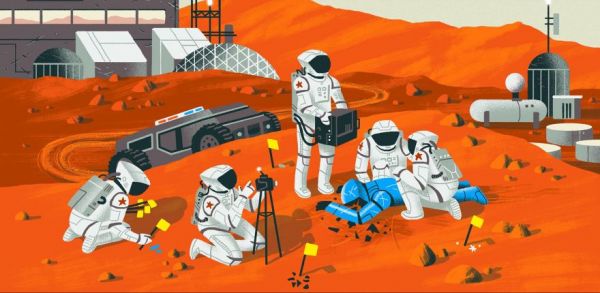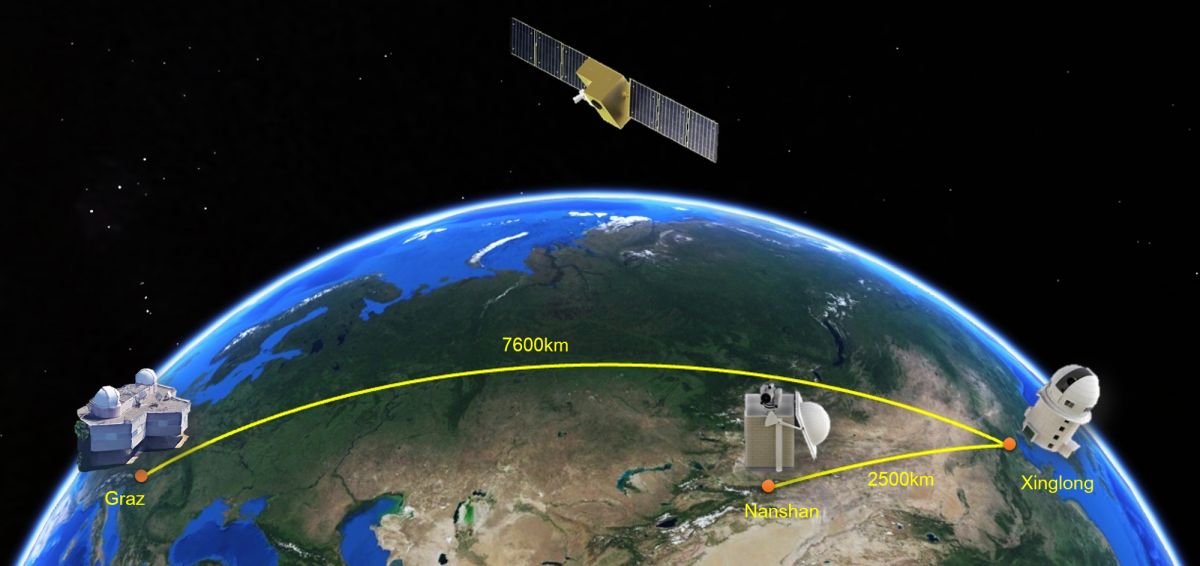A small, soft space rock smacked into Costa Rica on April 23, 2019. And it may have carried building blocks for life.
The washing machine-sized clay fireball broke up before landing, . Locals found shards scattered between two villages, La Palmera and Aguas Zarcas. And while meteorites turn up all over Earth, these shards were special; the asteroid that spawned them was a soft remnant of the early solar system, made from the dust from the spinning nebula that would ultimately form our solar system, formed in even older stars.
And the meteorites that rained down from the event — collectively called Aguas Zarcas — belong to a rare class called carbonaceous chondrites, which form in the wee hours of the solar system’s emergence and are typically packed with carbon. This particular space rock contains complex carbon compounds, likely including amino acids (which join to form proteins and DNA) and perhaps other, even more complex building blocks of life.
This article was originally posted on Queer SF











